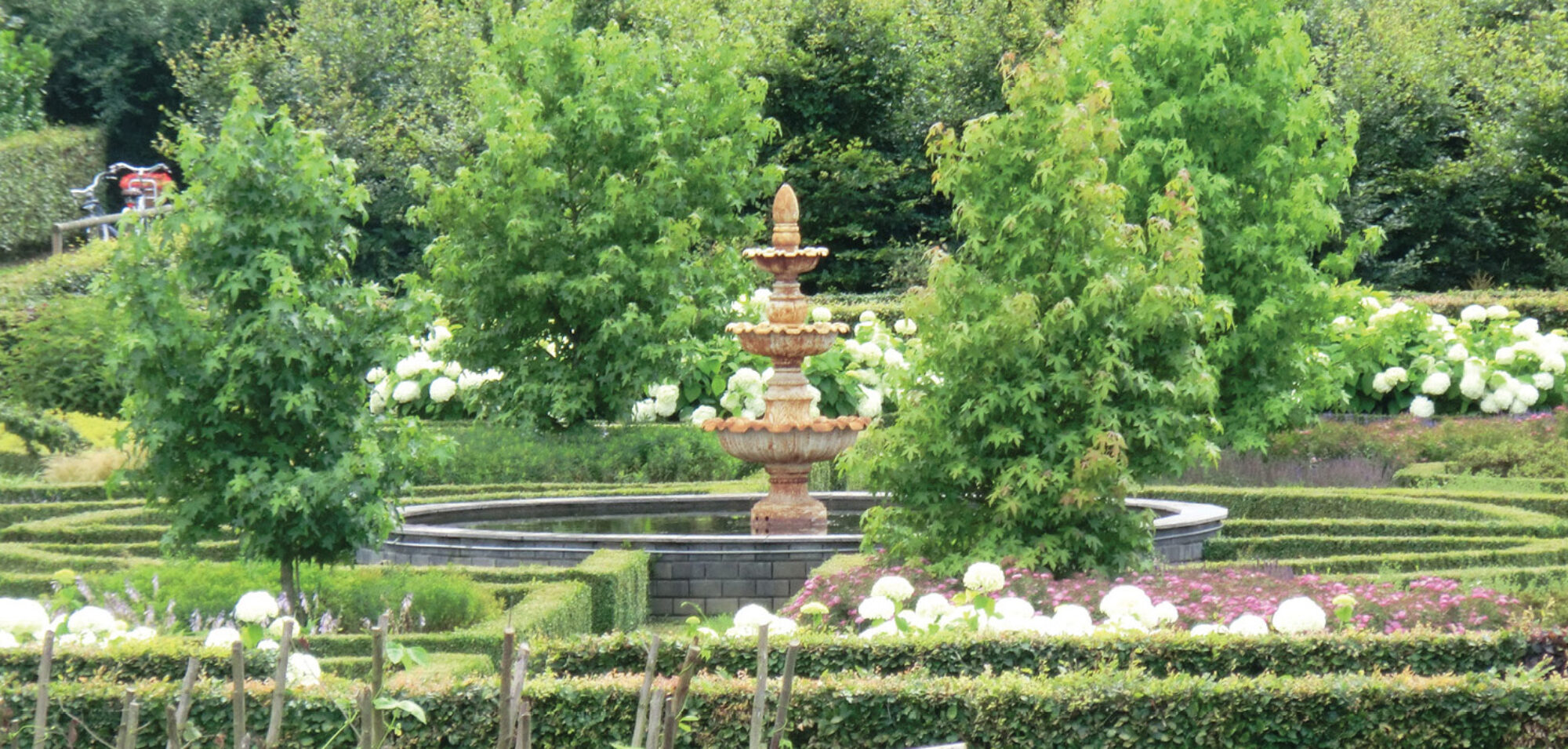How ‘De Roode Vennen’ Integrates Legal Knowledge in Nature Estate Activities
While there are many aspects to running and organising a nature estate, a serious one is the organisation of joint ventures such as walking tracks or cycling paths. The establishment and maintenance of these areas often lie through agreements between stakeholders who simply desire to fulfil an impetus for preserving a natural area within a community. A specific form of agreement is the comprehensive partnership agreement for real estate, which is often used to establish and maintain business arrangements. These have, of course, a practical application; but more than that, they can also be used to facilitate the creation and use of ecologically viable spaces, such as what is known as ‘De Roode Vennen’.
De Roode Vennen is an interesting recreation area that is owned by the Dutch government. Its environment invites many family and group activities. It is a rare example of the collaborative efforts of all relevant stakeholders in maintaining public space. A partnership agreement for real estate may have been implemented out of public interest, which benefits all involved.
A partnership agreement for real estate may have been established between the government and its citizens, whereby the citizens (who are represented by the estate owner) provide valuable input about the various ways in which they would like to utilise the spaces. This provides a great sense of accomplishment and community bonding. The stakeholders in the area may directly take part in the integration of social values and desires for the entire region. Everyone becomes a decision-maker in determining the fate of the space.
A partnership agreement for real estate can be beneficial for many people. Most of the time, this type of contract will mean that many members from the community will get together and agree upon certain terms, such as the use of land. What would happen if proprietors have different opinions on how land should be used? Speaking of land can be relative; thus, it is important to get an official agreement in the works to ensure that everyone is satisfied and that all details are laid out in black and white. A partnership agreement for real estate can really help a community with their ideas, while also giving them legal clout.
Real estate agreements can also be called ‘buy-sell agreements’. A partnership agreement for real estate helps people enter into a land deal much easier, while at the same time facilitating how simple it is for the members of a community to use the area. This means that visitors and locals will benefit from not having to deal with constant bargaining. Instead, they will be able to enjoy the space, knowing that they have all the relevant information.
Oftentimes, the benefits of a partnership agreement for real estate can be quite apparent. Once members of a community see that they are getting somewhere, they will hopefully become much more enthusiastic about using the space. In fact, they might even jump on board and offer even more than was originally planned.
In many cases, a partnership agreement for real estate will bear some compensation in relation to all of the involved parties. In the case of ecological spaces, the ultimate goal may be to develop a project that offers intellectual stimulation for the mind and body, so as to make the space more appealing. Those who wish to purchase real estate may want more, for example. They may also wish to turn their estate into a tourist magnet. Are our people equipped with the necessary tools needed to enforce this goal? Perhaps, a partnership agreement for real estate will help them with that.
With a good partnership agreement for real estate in place, there is less room for misunderstandings to interfere with proceedings. This means that there will be fewer lawsuits, which in turn allows for a much more peaceful experience of using the space. This increase in wealth and assets will benefit everyone, including individual citizens.
A partnership agreement for real estate can prove to be incredibly valuable, both in the context of an ecology centre and a partnership model. It can establish rules and regulations that all individuals can follow. This means that conflicts are far less likely to occur, whereas some points pertaining to the space may even be benefitting to those who use it. Many professionals see these types of agreements as the most important part of successfully running an ecological centre.
There is much that goes into a partnership agreement for real estate. In the case of ‘De Roode Vennen’, we hope to continue to provide better experiences for all concerned. A well-written contract can open up a world of opportunities that can only benefit everyone involved.

